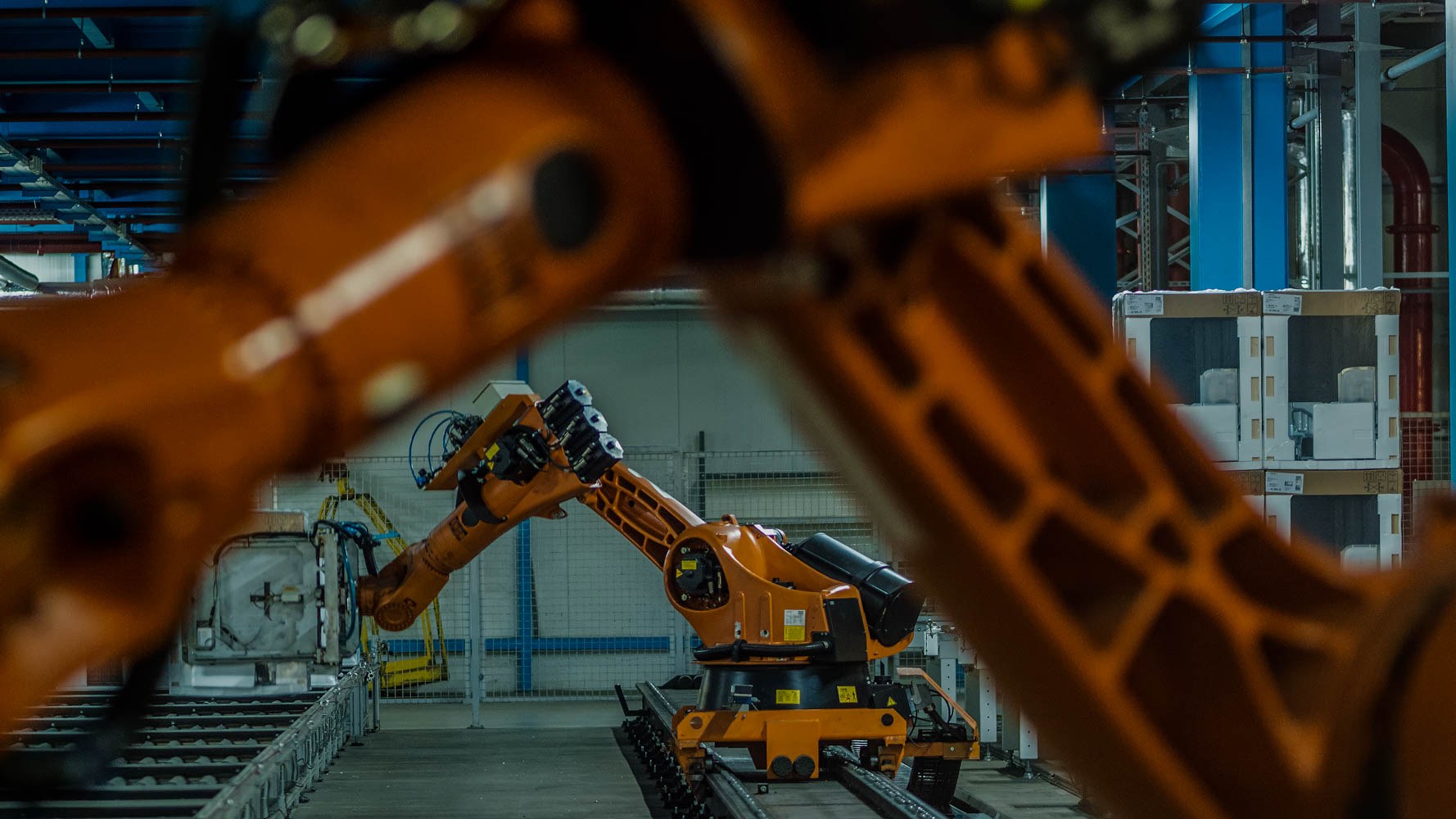In the race to boost their capability in autonomous driving functions, many Chinese automakers have made progress in major cities through the use of high-definition maps, and look set to adopt city-level and mapless navigation in the near future, said Kaijun Qiu, Chief Editor of EV Observer and Cyber Car, at Nomura’s China Investor Forum in Shanghai.
This year alone, several carmakers have announced plans to introduce city-level navigation functions, including the use of high-definition maps and mapless navigation of more cities in China. In Beijing, for example, autonomous driving functions have already been made available by some companies for ring roads and expressways.
“Autonomous driving will reach the tipping point [of mass adoption] when carmakers are able to mass produce vehicles equipped with the capability to navigate urban environments,” said Qiu.
This is because consumers who commute to the city frequently will be incentivized to use vehicles with autonomous driving functions to navigate complex and challenging road conditions, from narrow alleyways to highways full of vehicles running at different speeds.
Some carmakers are also seeking to level up their autonomous driving capabilities with mapless navigation, with a handful of companies looking to roll out such functions by the end of this year.
Currently, a number of vehicle models with self-driving functions in China are supported by high-definition maps, making them reasonably reliable in certain areas, but these maps could still present a barrier for carmakers to commercialize autonomous driving functions – costs are high to produce high-definition maps as they require heavy manual input to create accurate and consistent annotations.
As the world’s largest auto market, China has made clear its ambition to be a leading player in autonomous driving technology, with state media Xinhua news agency reporting in early October that the country will support companies to collaborate to encourage more innovations. It is also looking to build a standardized framework to support the adoption of intelligent connected vehicles by 2025 and 2030 in two phases.
Having said that, the US’s advanced chips export ban could potentially impede how quickly Chinese automakers attain more advanced city-level navigation. While the restriction has not had any significant impact on local automakers’ use of current-generation chips, the new rules could affect the export of next-generation autonomous driving chips to China. Although it could take a while for domestic players to strengthen their capabilities in the upstream portion of the semiconductor supply chain, some Chinese companies have made progress in developing advanced chips, Qiu said. Currently, around 30% of the chips capable of city-level navigation are supplied by the local semiconductor industry, he said.
As local automakers push ahead with better city-level and mapless navigation, the Chinese auto industry looks set to meet the goal China set in 2020 to reach large-scale production of level 3 autonomous vehicles by 2025. Vehicles in the level 3 category can handle self-driving under certain conditions. According to official data, around 42% of new passenger vehicles in China are equipped with partial driving automation, the second level of autonomous driving.
“Vehicles with autonomous driving functions could go mainstream in 2025 as both functionality and user experience reach a turning point,” said Qiu.
“Though the adoption of autonomous driving could redefine the core nature of a vehicle, which could turn into a smart digital platform,” he added, thus changing the way automakers compete with each other.
“Industry players may no longer focus on manufacturing, and would instead shift their attention to research and development, as well as software development… At that point, perhaps tech companies could simply buy a manufacturing plant to make cars,” Qiu said.
To watch the full keynote, visit the Nomura Forum website (requires guest login).




